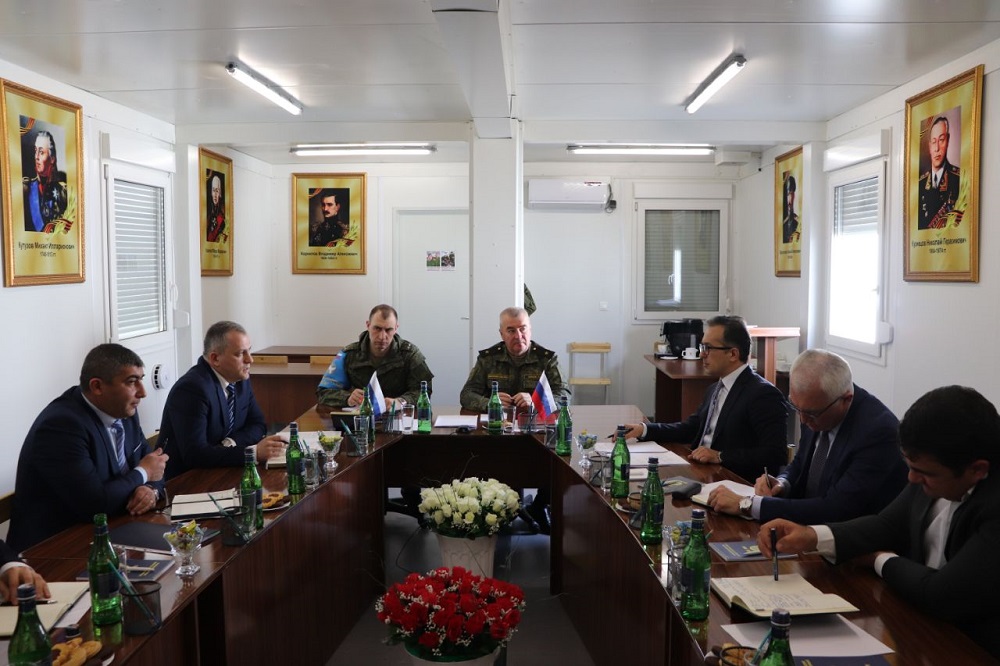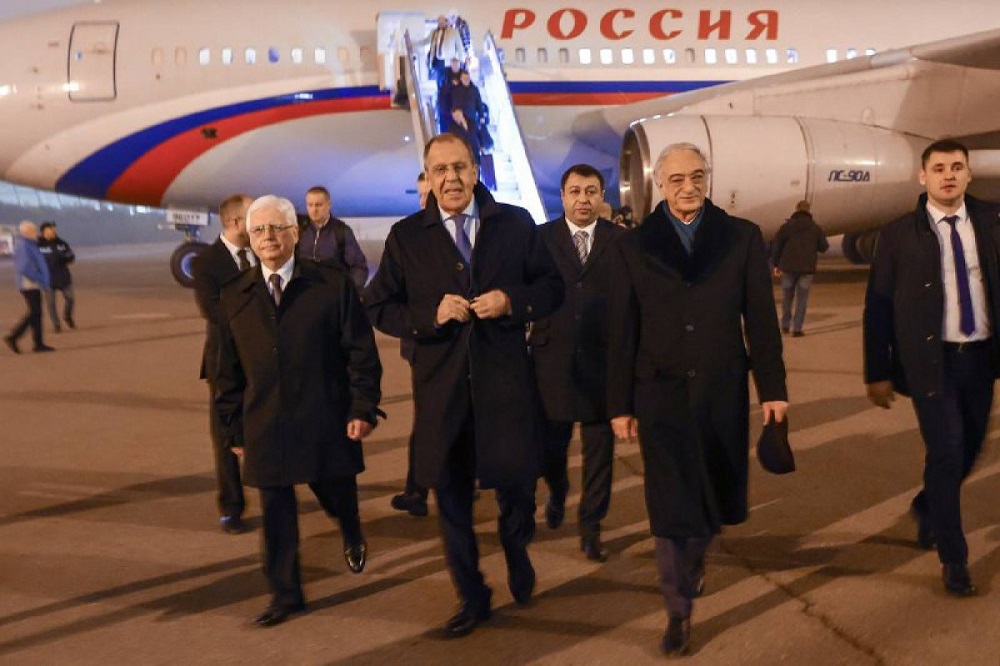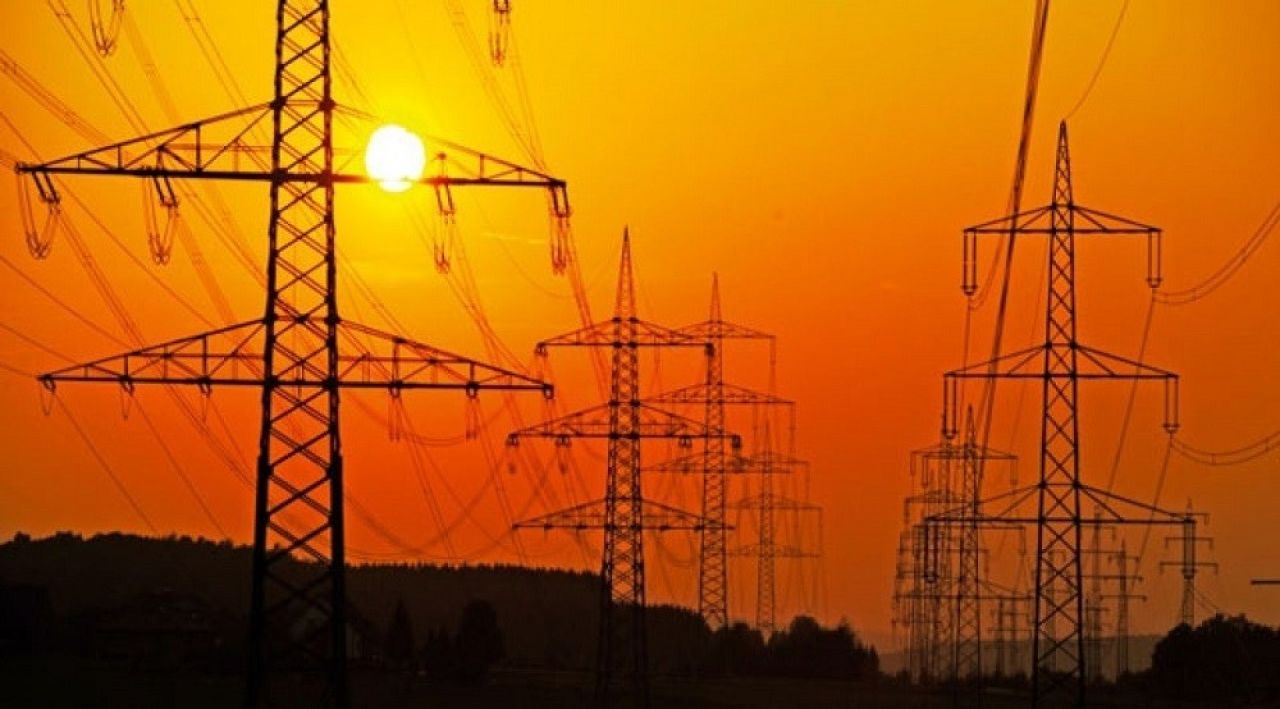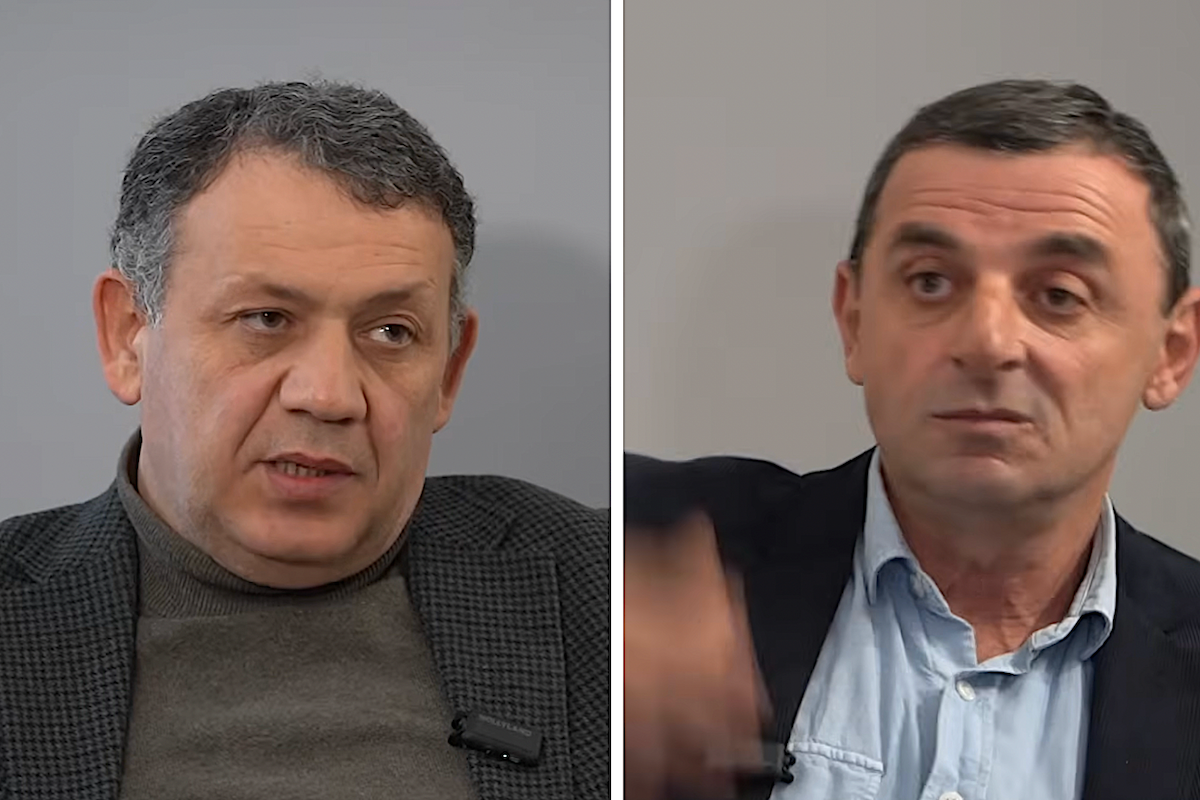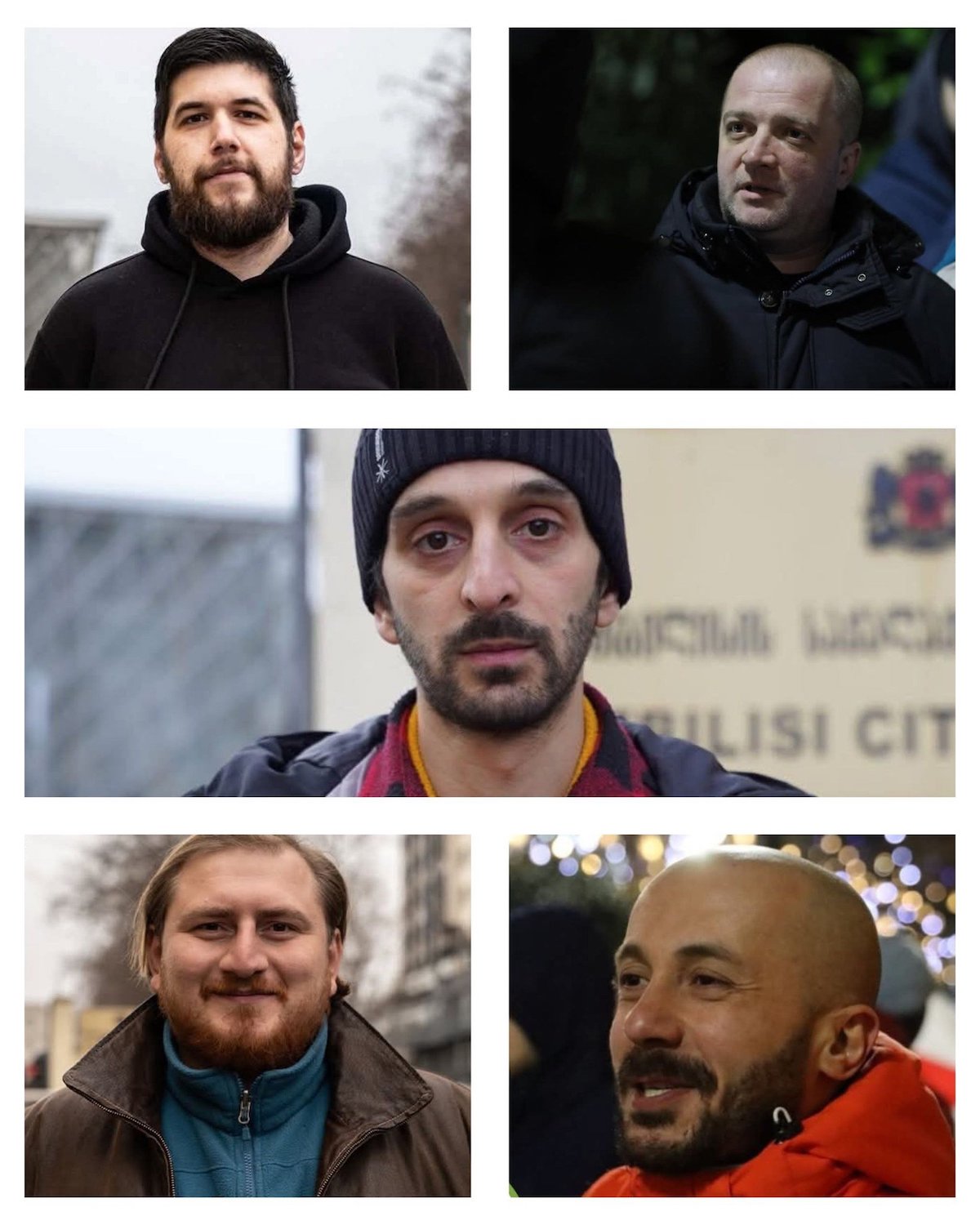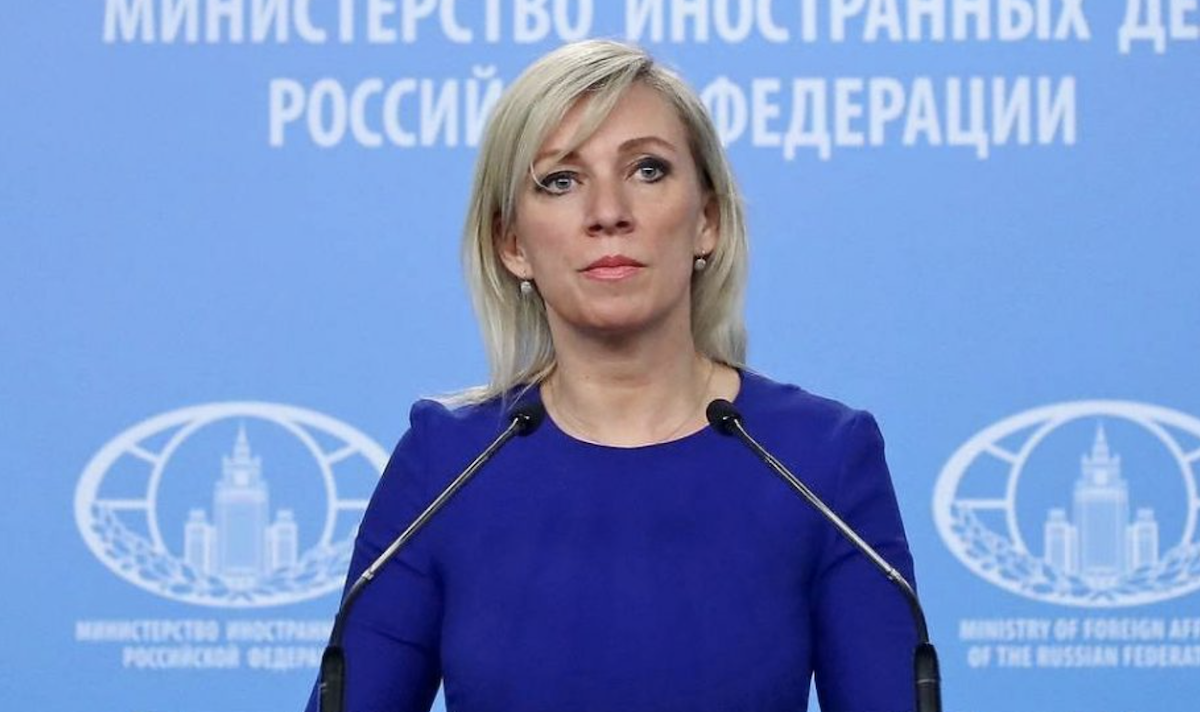First official contact between Baku & Khankendi - "The start of the process is encouraging"
Official contact between Baku and Khankendi
Official contacts between Baku and Khankendi (Stepanakert) have begun. In Khojaly, with the mediation of Russian peacekeepers, the first talks were held between the Azerbaijani authorities and representatives of the Armenians living in Karabakh. According to the head of the Baku contact group Ramin Mammadov, the discussion was mainly about humanitarian issues. “It is too early to make far-reaching predictions, but the beginning of the process is encouraging,” political commentator Haji Namazov said.
- EU position on Saakashvili submitted to Georgian Minister of Justice
- What was behind Lavrov’s visit to Baku? Expert comment
- Demand for surrogacy on the rise in Armenia
In an interview with the local press after the talks, Ramin Mammadov, said that the negotiations mainly touched upon humanitarian issues. When asked by journalists when the next meeting in this format is planned, Mammadov answered evasively: “Journalists will be notified about the next meetings.”
“Russia is trying to sure a monopoly in the negotiation process”
Faced with the deployment of an EU mission in the region and thus losing the edge in resolving the conflict between Azerbaijan and Armenia, Russia is trying to secure a monopoly on the negotiating platform between Baku and Khankendi, political observer Shahin Jafarli believes.
“The result of these negotiations may be monitoring at the fields by Azerbaijani specialists, as well as the deployment of remote X-ray scanners on the Lachin road without the participation of Azerbaijani border guards and customs officers.
Dialogue in itself is a successful way to resolve problems, but the fact that they are controlled by Russia does not make them worthwhile in the long run. Bilateral direct negotiations are much more in the interests of Azerbaijan.
These contacts reinforce the conclusion that it was Russia who initiated the resignation of Ruben Vardanyan,” Jafarli asserted.
“It’s too early to make far-reaching predictions”
“Let’s start with the fact that Baku treated the beginning of the negotiation process with Khankendi with caution. This meeting was not announced anywhere, and we learned about it only after information appeared in the Armenian media with reference to Russian peacekeepers. And only after that the Azerbaijani press hastened to issue a message about the meeting, as well as to introduce the head of the contact group to the public,” political observer Haji Namazov stated.
“And as often happens, there were immediately unbelievable reports from unknown “diplomatic sources” about the location of the next meetings with the Karabakh Armenians. They name such cities as Aghdam, Barda and even Ganja. With a hint that they will take place on a bilateral basis without the participation of Russian peacekeepers.
But having read Ramin Mammadov’s interview after the talks, one can see that it is too early to make far-reaching predictions.
It is clear that the unrecognized regime in Khankendi is completely dependent on Russia, on the peacekeepers. And it is unlikely that the Russians will allow the Karabakh Armenians to meet with the Azerbaijani authorities outside the territory under their control. The logic here is simple – Russia does not want to remain in the offside position.
As for the possible results of the talks, they were predetermined during Sergei Lavrov’s visit to Baku. The Kremlin hinted that it would not allow the deployment of Azerbaijani border guards and customs officers on the Lachin road, but instead offered Azerbaijan the deployment of remote X-ray scanners on this road. This will allow Baku to check the cargo transported through the corridor in real time. But what happens if an unwanted product is suddenly found there? Whether there is a mechanism for Baku’s prompt intervention in the process, we don’t know yet.
Even more difficult is the monitoring of gold and copper deposits in Karabakh by Azerbaijani specialists. It is supposed to conduct not only an inspection, but also an inventory. The Azerbaijani side has already signed an agreement with a British operator for the development of these mines. In other words, after monitoring, this company should start its activities there,” he concluded.










